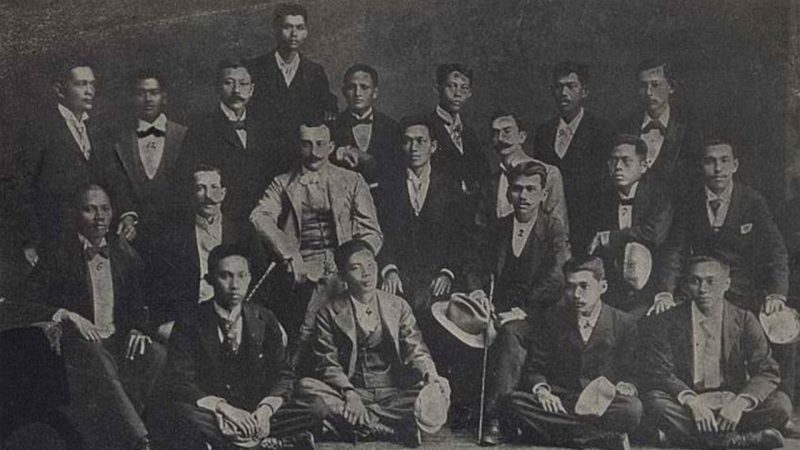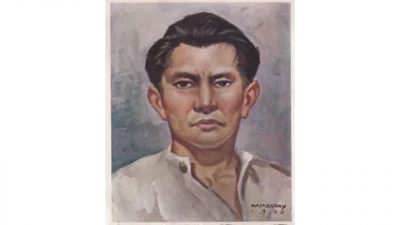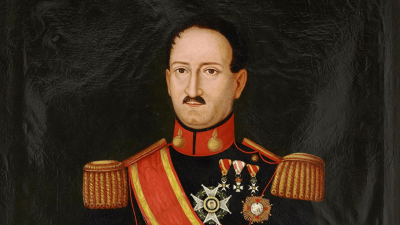MANILA — On December 14, 1897, the Pact of Biak-na-Bato was signed by General Emilio Aguinaldo and Spanish Governor-General Fernando Primo de Rivera, provisionally halting the armed conflict between Filipinos and Spaniards.
Don Pedro Alejandro Paterno, appointed by the Spanish Governor-General, served as the sole mediator during the discussions.
According to General Aguinaldo’s account in his book, True Version of the Philippine Revolution, published on September 23, 1899, the conditions were as follows:
General Aguinaldo and his associates, if they wished, were free to live in any foreign country. Hong Kong was chosen as his place of residence.
The indemnity of $800,000 (Mexican) was to be paid in three installments:
$400,000 when all arms in Biak-na-Bato were delivered to the Spanish authorities.
$200,000 when the surrendered arms reached eight hundred.
The final payment upon the surrender of one thousand arms, marked by the Te Deum in Manila Cathedral as a thanksgiving for peace.
The deadline for arms surrender was the end of February.
The entire sum was to be personally paid to General Aguinaldo, with the discretion of its use left to him, guided by the understanding of his associates and other insurgents.
Before evacuating Biak-na-Bato, the Spanish forces, under Captain-General Primo de Rivera, were to send two Spanish Army Generals to be held as hostages until General Aguinaldo and his compatriots reached Hong Kong, and the initial payment of $400,000 was made.
It was also agreed that religious corporations in the Philippines would be expelled, and an autonomous political and administrative system would be established.
However, due to the Spanish General’s request, these conditions were not insisted upon in the Treaty, fearing severe criticism.
General Primo de Rivera paid the initial installment of $400,000, and the two Generals were held hostage. The revolutionaries fulfilled their obligation by surrendering over 1,000 arms.
Regrettably, the Spanish authorities failed to honor the remaining installments, failed to restrict the Friars, and did not implement the demanded reforms.
This failure led to unhappiness and frustration among General Aguinaldo and his companions.
A letter from Lieutenant-Colonel Don Miguel Primo de Rivera conveyed that General Aguinaldo and his companions could never return to Manila.
The truce collapsed due to mutual suspicions, and hostilities resumed in May 1898.
Source: True Version of the Philippine Revolution by Don Emilio Aguinaldo y Famy, President of the Philippine Republic.
(JR AMIGO/ai/mnm)







